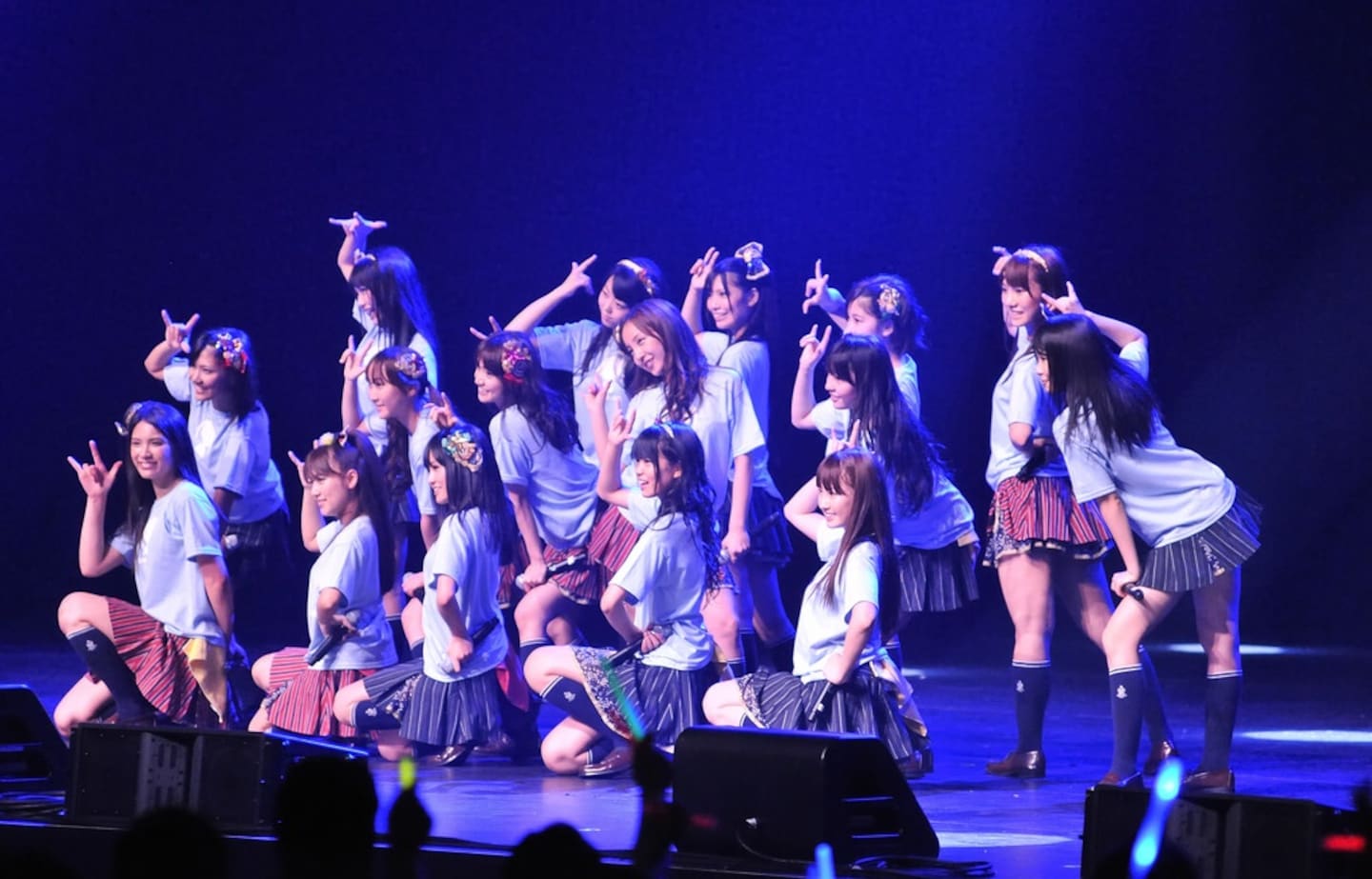All About Idol Insanity
J-pop is an undeniable pillar of Japan's music scene, and even a short walk around central Tokyo can prove it's almost impossible to escape idol culture. Hey! Say! JUMP are on train monitors, AKB48 are smiling down at you from a skyscraper and Kyary Pamyu Pamyu is... well, everywhere. But what are idols, and where do they fit in pop culture?
By Cassandra LordWhat exactly are idols?
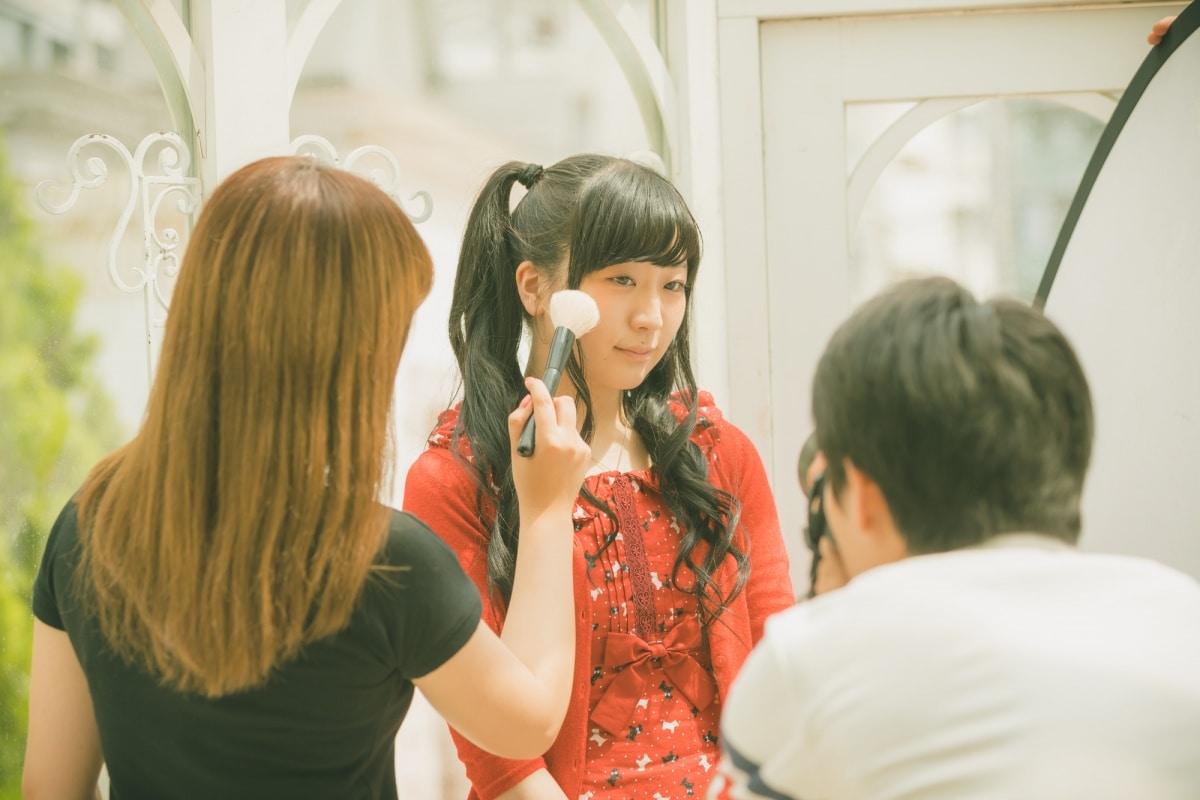
https://pixta.jp
In Japan, the term “idol” (アイドル) tends to refer to manufactured bands or singers; for a western parallel, think Backstreet Boys or Spice Girls. These days, the most popular groups are large girl bands (some with literally dozens of members), though small groups or solo performers aren't unheard of either. Boy bands also have a long, storied history in idol culture. In fact, the first idol group recruitment agency, Johnny & Associates—often generally referred to as “Johnny’s”—is best known for pumping out mega-popular boy bands, and has been doing so since its genesis in 1962. Agencies like Johnny's are a crucial distinguishing factor between normal artists and idols—most idol groups are a product of recruitment agencies, and rely on the clout of their group or agency for promotion.
Interestingly, idols are not necessarily particularly skilled in singing or dancing. However, this lack of experience can actually be an asset, and allows fans to feel close to their “imperfect” idols, meaning they can watch them grow and progress throughout the group.
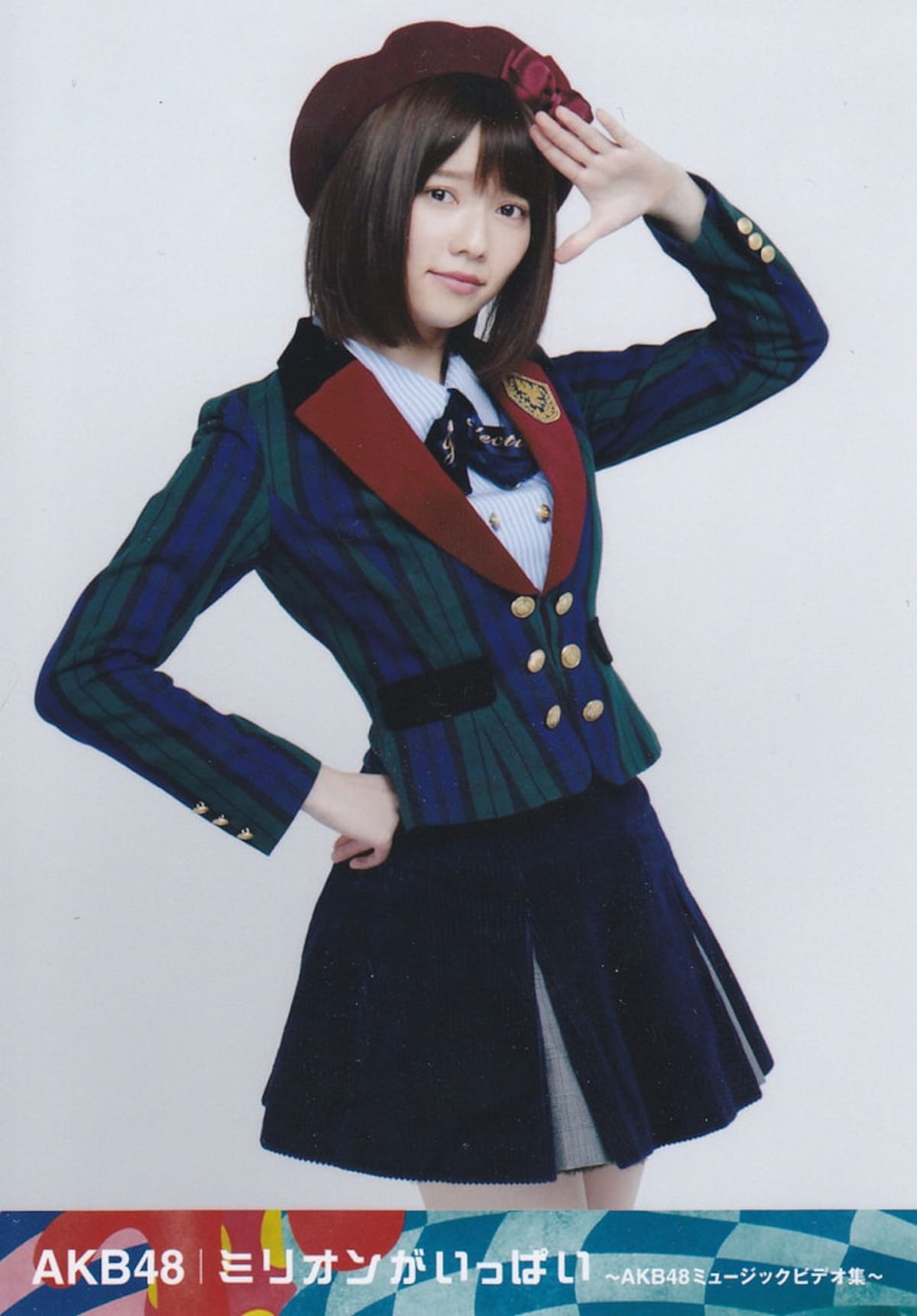
https://flic.kr/p/gxy2KP
Most idol groups focus on producing a young, cute and innocent image, and members of girl groups often wear outfits that look similar to a typical school uniform. Because of this, members have to adhere to very strict rules, and are not allowed to be seen in a relationship or to be seen participating in any behavior deemed inappropriate by their agency. This is so strict it led to a famous public apology by AKB48 member Minami Minegishi after spending a night with her boyfriend. There was also a case where a member of a group had to pay her agency for breach of contract for similar reasons. If that wasn't enough to convince you, there's even been a case of an idol group disbanding because the mother of one of the members was found to have a personal relationship with a fan.
It's no exaggeration to say that they take appearances incredibly seriously, although it's harder to gauge whether or not said appearances have a tangible impact on their fan base.
How did the idol craze start?

https://pixta.jp
Although Johnny's (and the band of the same name) came onto the scene in the '60s, idol culture really started to gain ground in the Japanese entertainment industry in the '70s, when TV shows and magazines started to advertise singing competitions (such as Star Tanjo), where many idols started their career.
The '80s was known as the “Golden age of Idols,” as there were many different idol groups that made their debut. Singing competitions became a mainstay of prime time television, and idol groups rose and fell frequently. They would often appear on TV commercials and shows, and were called on to create jingles or theme songs for different television programs. It's also the same decade that Johnny's created one of the most popular Japanese groups to ever exist: SMAP.
How do people get into these groups?
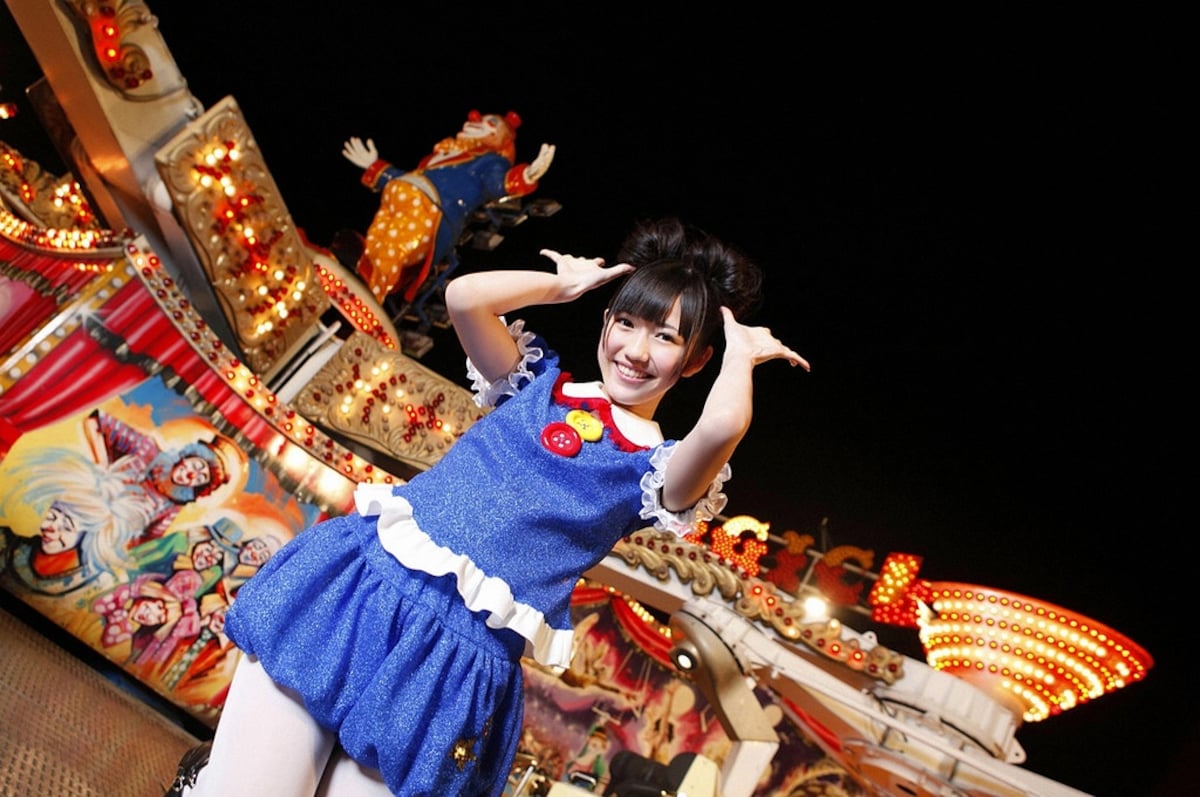
https://flic.kr/p/gf6VaY
The most common way to get into a group is to be picked up by an agency. Some agencies, like Up Front Productions hold frequent auditions for aspiring idols of all ages. There are also televised idol contests, such as the 2017 program Last Idol, which aimed to create a seven person idol group and release debut a hit CD. Regardless of the method, looks, youth and personality are very important prerequisites.
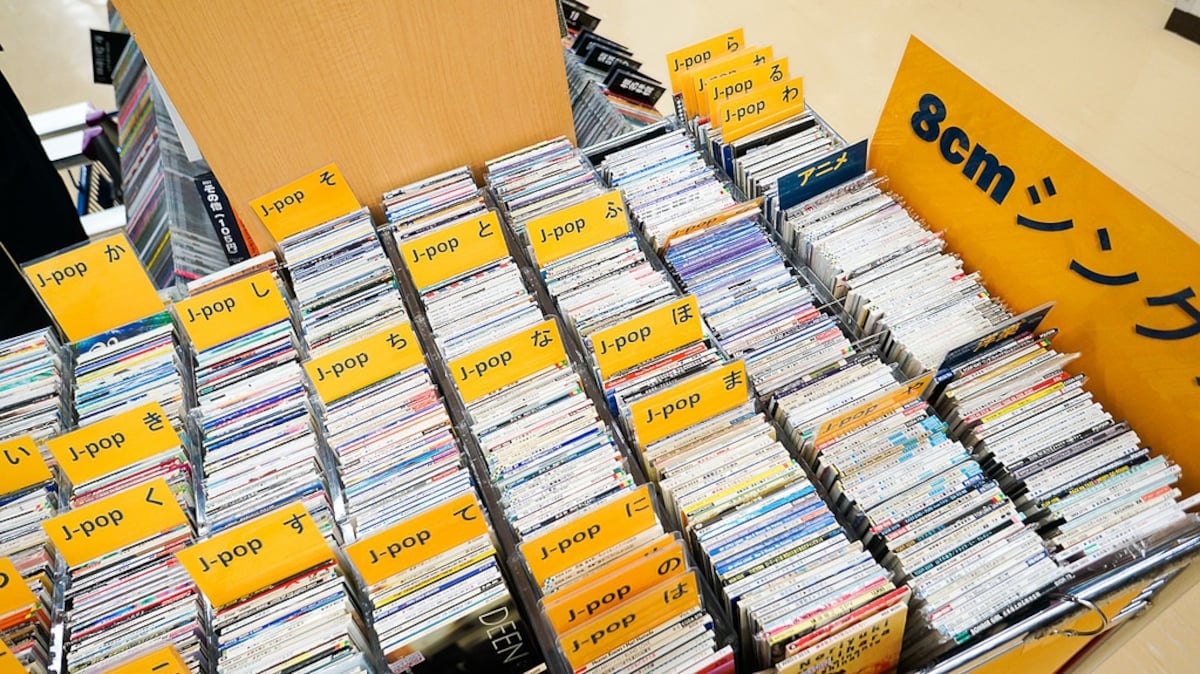
https://flic.kr/p/nT8akM
The groups themselves also practice interesting marketing methods to help include fans in the selection process. For example, for idol mainstain AKB48, fans are allowed to elect their favorite members to be the lead singers for their next single, where the purchase of a CD allows for a single vote. Some of the more hardcore fans will buy lots of CDs to try to sway the vote in favor of their preferred personality. Once the voting closes, the results are televised.
How do fans react? What are “akushukai?"
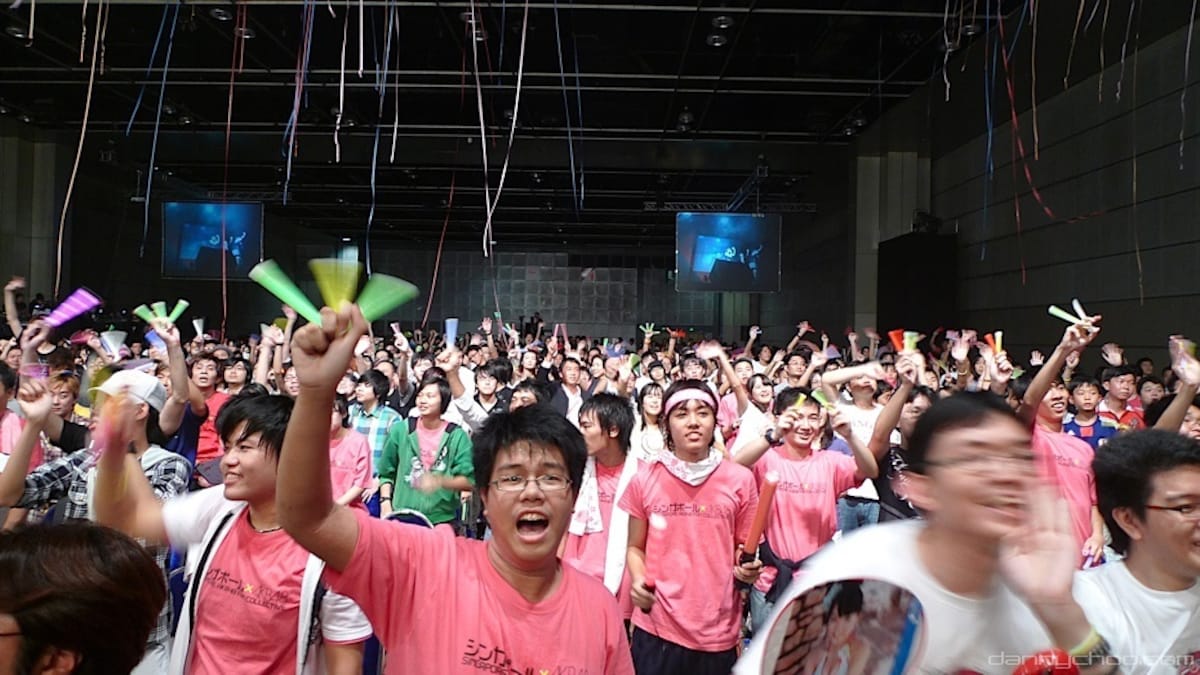
https://flic.kr/p/8SMA36
Fans are known to go wild for their favorite idols, and often make elaborate gifts to present to their number one favorite member. These hardcore fans are referred to as otaku, which can be translated to mean "geek" or "nerd," but often implies a particular level of fervor in regards to a certain type of fandom. In this case, they would be idol otaku, which is nomenclature that diehard fans use to describe themselves as well.
One popular event among idol otaku are akushukai, which literally means "handshake event," but is essentially a fan meet-and-greet. The process varies from group to group, but for some groups, buying one CD will give you a ticket to talk to a member for 10-15 seconds at an akushukai event. It even seems as if AKB48 was created with the idea of “idols you can meet” in mind. The group consists of over 100 members, which means that they can rotate on and off the stage, so some of the members are always available for meet-and-greets.
Can idols stay in a group forever if they are meant to seem young?
https://www.youtube.com/watch?v=3ANQOHRxFwM
For the most part, no. When a member of an idol group is deemed too old to continue, they are given a "graduation ceremony," or sotsugyo-shiki (卒業式). When a member of AKB48 turns 25, they go through this process and are replaced by a younger member. In this way, groups can continue to maintain their youthful, plucky and innocent image.
However, KGB84—a play on the name AKB48—is made up of elderly women, and the minimum age requirement to join is 80!
What are some of the most popular female idol groups?
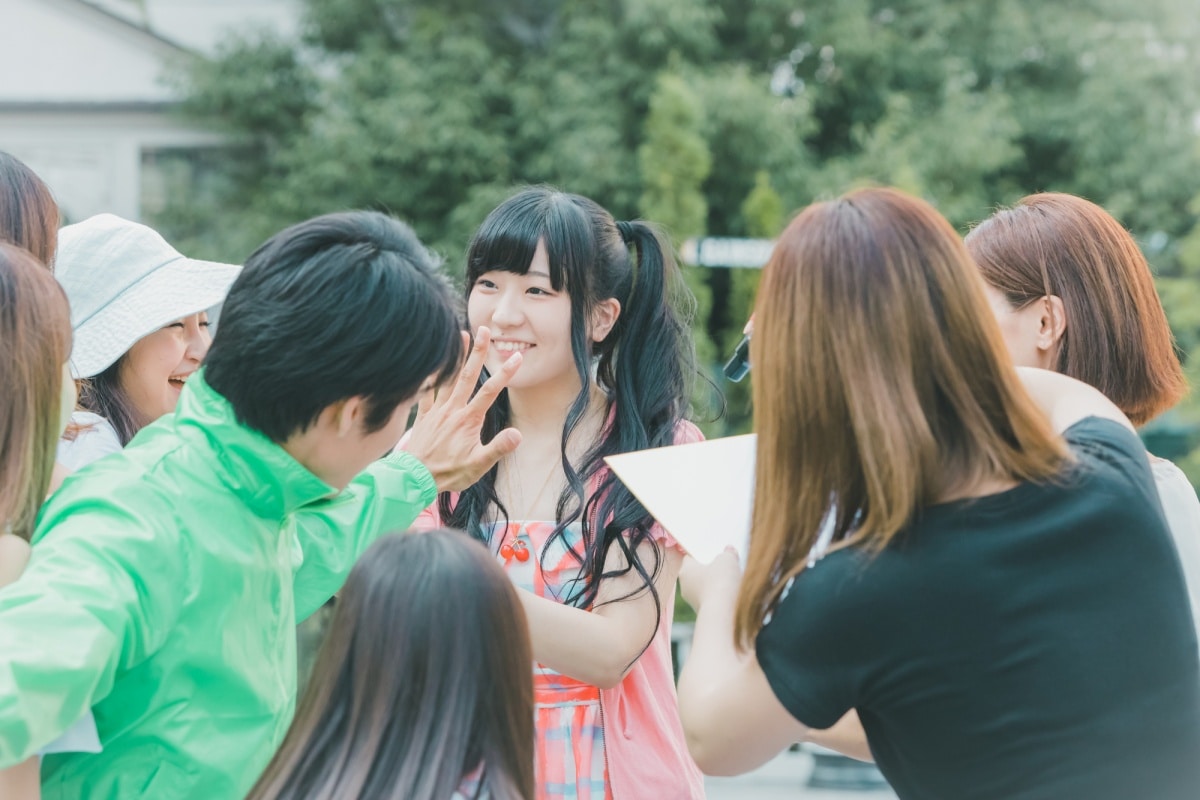
https://pixta.jp
You may have noticed that we’ve mentioned AKB48 a few times already, and with good reason; AKB48 is one of the most well-known idol bands in Japan. Members of AKB48 are almost impossible to miss in Japan, as their faces can be seen on advertisements everywhere, even if you’ve never heard their music. They've sold over 35 million copies of their CDs in total! There are also a variety of regional groups inspired by AKB48, such as Nogizaka 46, NMB48 and more. Morning Musume '18 (formerly simply Morning Musume) ranks just after AKB48 in terms of popularity, but they have a similar style and an equally fervent fanbase.
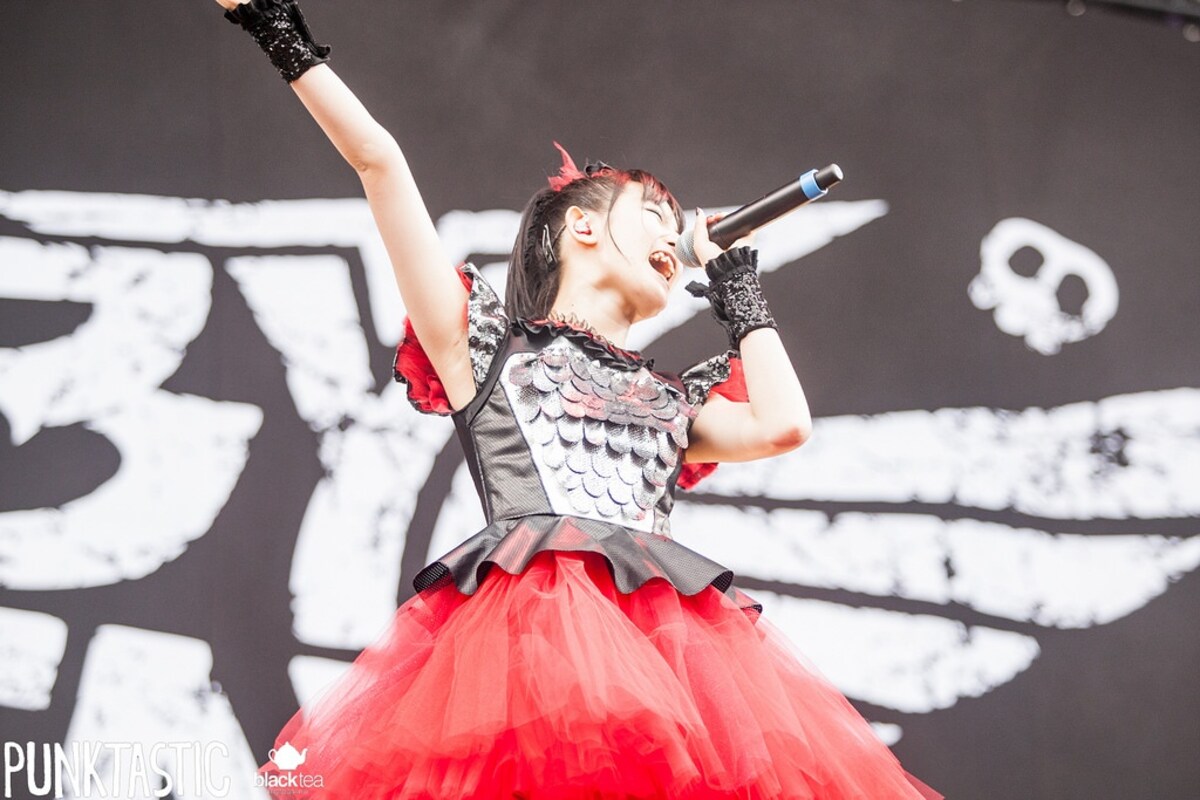
https://flic.kr/p/omtNFh
Something slightly different from the two most popular bands is Babymetal, which has managed to gain popularity abroad with their metal-infused style. Although the music sounds like rock, the content stays within the realms of J-pop, and often refers to sweet things rather than heavier themes typically associated with the metal genre.
Kyary Pamyu Pamyu is also very popular, and is known for her eccentric style, particularly for her music video all about eyelashes," Tsukema Tsukeru." Being a solo singer is less common in the idol world, but Kyary has certainly done well for herself, and developed an unforgettable presence in the idol community, Japanese fashion and beyond.
How popular are male idol groups?
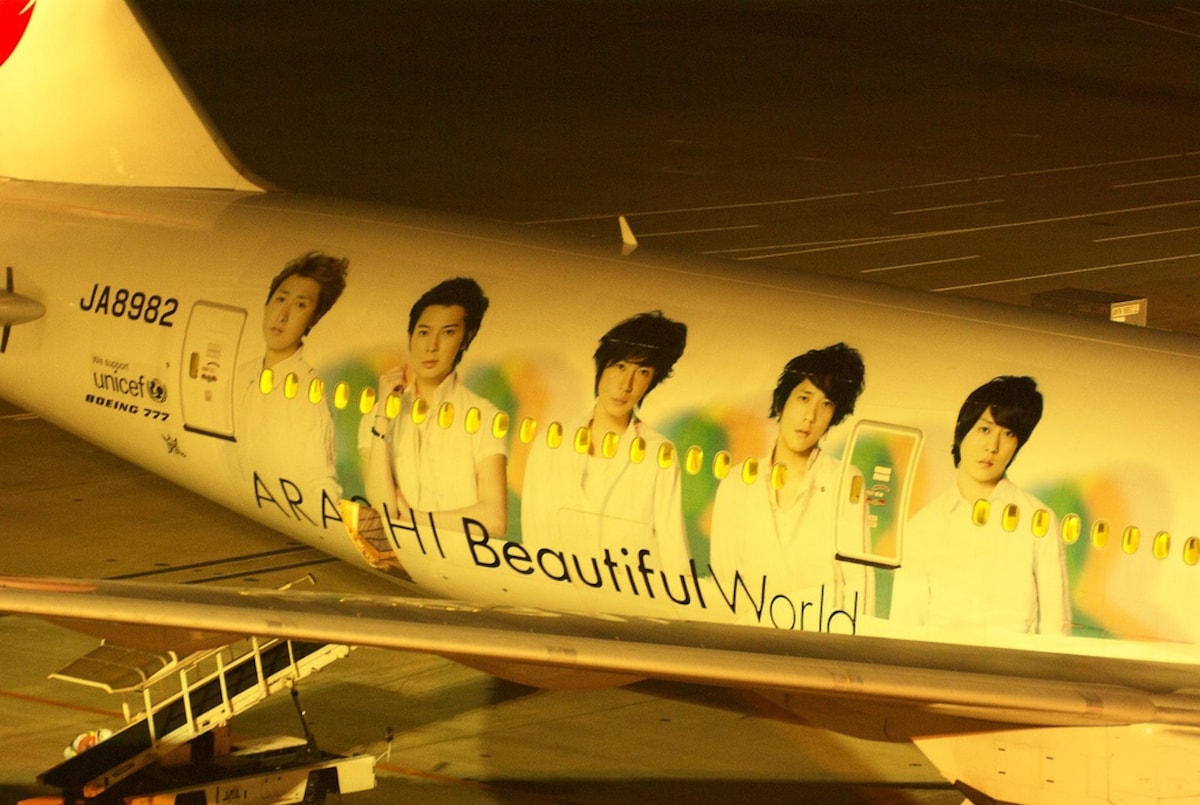
https://flic.kr/p/aC4Xhz
The fan base for boy bands may be overall smaller, but is by no means “small." However, the audience differs slightly. Younger girls make up the majority of their fan base, and tend to be attracted to the “cuteness” of the members. The members of the group will all have distinct, if somewhat stereotypical personalities that are easily recognizable by western audiences as well. There may be a more effeminate member complemented by a more masculine member, or an outgoing one complemented by a shy one, for example. A great marketing strategy for attracting a variety of fans!
The duo Kinki Kids and Arashi are two of the most popular, longest-standing boy bands in the idol world. They made their start with Johnny & Associates in 1993 and 1999 respectively, and are still going strong today. According to stat tracking company Oricon, in 2017 Arashi topped AKB48 in overall sales, and made around ¥11 billion (about US$99.8 million), in comparison to AKB48's approximately ¥7.2 billion (nearly US$65.3 million). Hey! Say! JUMP may not be as long-standing, but are certainly not doing badly, as they also topped the charts in 2017.
Of course, there are many more idol groups out there, but the above-mentioned groups are the most popular, and a good place to start your adventure into the weird world of J-pop idols.


